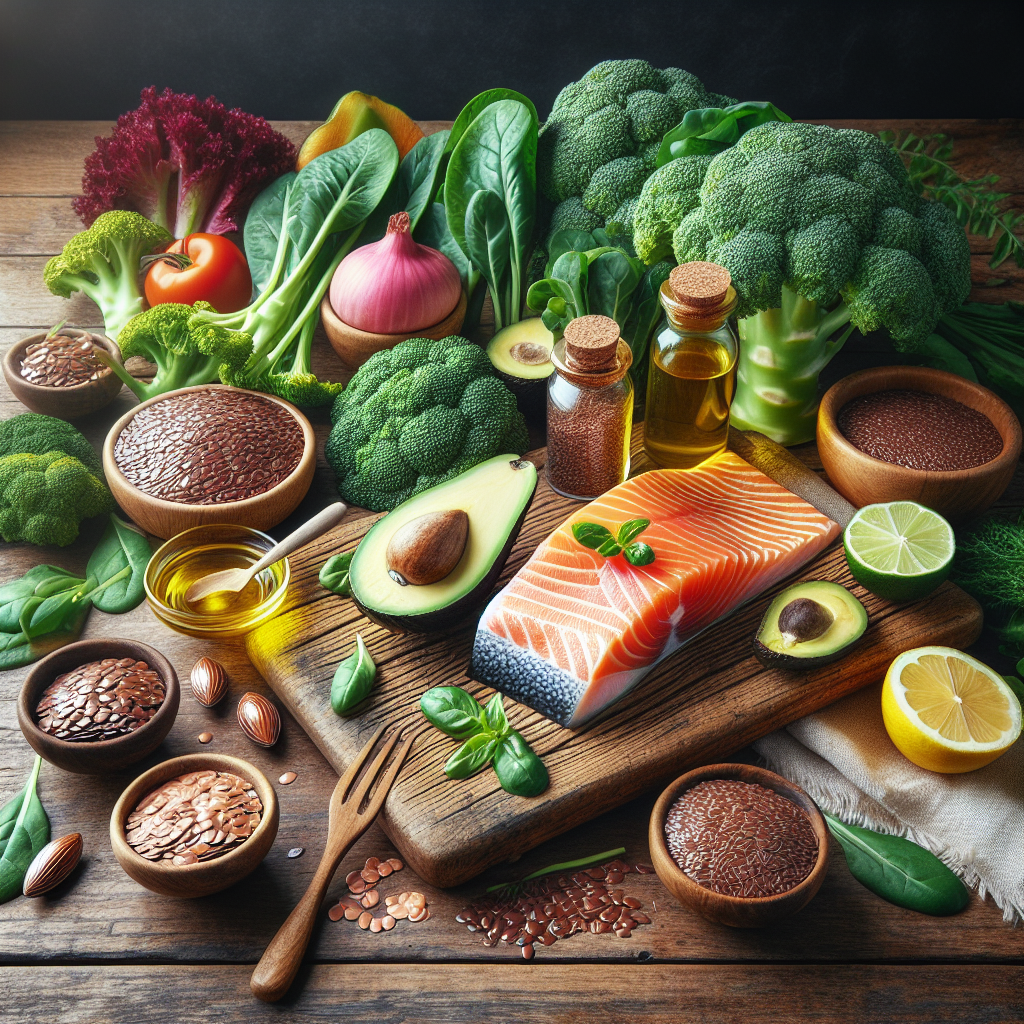Hormonal imbalances can affect mood, energy levels, weight, and overall health. Fortunately, certain organic foods can help naturally restore hormonal balance by providing essential nutrients, healthy fats, and antioxidants. Here’s a guide to the best hormone-balancing organic foods and how to include them in your diet.
Why Organic Foods Matter for Hormonal Health
Conventional produce often contains pesticides and synthetic chemicals that can disrupt the endocrine system. Organic foods, on the other hand, are grown without these harmful substances, making them a cleaner and safer choice for hormone regulation. Additionally, organic foods tend to be richer in nutrients like magnesium, zinc, and omega-3 fatty acids, which play key roles in hormonal function.
Top Organic Foods for Hormone Balance
These nutrient-dense foods can help regulate hormones naturally:
1. Cruciferous Vegetables
Broccoli, cauliflower, kale, and Brussels sprouts contain compounds like indole-3-carbinol, which helps metabolize excess estrogen in the body. This can be particularly beneficial for women dealing with estrogen dominance.
- How to eat: Enjoy them roasted, steamed, or blended into smoothies.
2. Flaxseeds
Rich in lignans and omega-3 fatty acids, flaxseeds help balance estrogen levels and reduce inflammation. They also support gut health, which is crucial for hormone metabolism.
- How to eat: Add ground flaxseeds to yogurt, oatmeal, or smoothies.
3. Avocados
Packed with healthy fats and vitamin E, avocados support progesterone production, which is essential for both men and women. They also help regulate cortisol, the stress hormone.
- How to eat: Mash onto toast, blend into smoothies, or add to salads.
4. Wild-Caught Salmon
This fatty fish is an excellent source of omega-3s, which help reduce inflammation and support thyroid function. Wild-caught salmon is preferable to farmed due to lower toxin exposure.
- How to eat: Grill, bake, or pan-sear with olive oil and herbs.
5. Pumpkin Seeds
High in zinc and magnesium, pumpkin seeds aid in progesterone production and help regulate insulin levels. They’re also a great source of plant-based protein.
- How to eat: Sprinkle on salads, blend into nut butter, or enjoy as a snack.
6. Fermented Foods
Sauerkraut, kimchi, and organic yogurt contain probiotics that improve gut health, which is directly linked to hormone metabolism and detoxification.
- How to eat: Enjoy as a side dish or add to sandwiches and bowls.
How to Incorporate Hormone-Balancing Foods into Your Diet
1. Start with Breakfast
Kickstart your day with a hormone-friendly meal by adding flaxseeds to a smoothie or topping organic yogurt with pumpkin seeds and berries.
2. Build Balanced Meals
Combine protein, healthy fats, and fiber in each meal. For example, pair wild-caught salmon with roasted broccoli and quinoa for a nutrient-packed dinner.
3. Snack Smart
Keep hormone-supporting snacks like avocado slices with sea salt or a handful of walnuts on hand to avoid blood sugar spikes.
Foods to Avoid for Hormonal Balance
While adding beneficial foods is important, reducing or eliminating certain items can further support hormonal health:
- Processed sugars (disrupt insulin levels)
- Conventional dairy (may contain synthetic hormones)
- Refined carbs (contribute to inflammation)
- Soy-based processed foods (unless organic and fermented)
Final Thoughts
Eating organic, nutrient-rich foods is one of the most effective ways to support hormonal balance naturally. By incorporating these foods into your daily meals, you can help regulate stress hormones, improve metabolic function, and enhance overall well-being.
